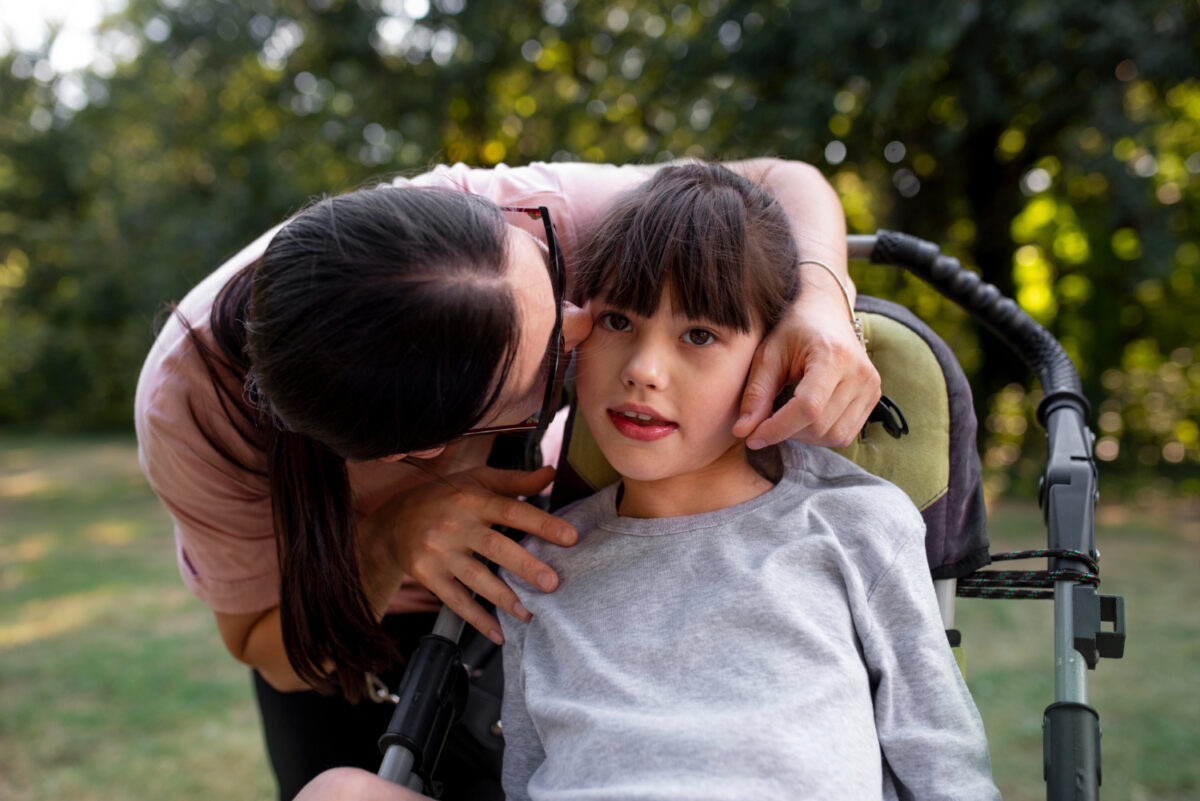Bringing a new life into the world is a joyous occasion often filled with anticipation and excitement. However, childbirth can also be a physically and emotionally demanding experience.
For some parents in Michigan, this journey is further complicated by the devastating reality of birth injuries. These unexpected and often life-altering conditions can have a lasting impact on families.
Like in other states, birth injuries in Michigan occur when a baby is harmed during the birthing process. These injuries can range from mild to severe and may result in lifelong challenges for the child.
If you believe your child’s birth injury was caused by medical negligence, consulting experienced birth injury lawyers in Michigan is crucial. Understanding the potential long-term challenges parents face is essential for providing support and resources to those affected by these heartbreaking circumstances.
Types of Birth Injuries and Their Implications
Birth injuries can have far-reaching consequences for both the child and their family. Some common types of birth injuries include:
- Cerebral palsy: This condition affects a child’s ability to control their muscles and movement. It can vary in severity and may impact a child’s motor skills, speech, and learning.
- Brachial plexus injury: This occurs when the nerves in the baby’s arm are damaged during delivery, often resulting in weakness or paralysis of the arm.
- Erb’s palsy: This is a type of brachial plexus injury that affects the shoulder and arm.
Receiving a diagnosis of a birth injury can be overwhelming and emotionally devastating for parents. The shock, fear, and uncertainty surrounding their child’s future can be immense. As they grapple with the complexities of their child’s condition, parents may experience a range of emotions, including guilt, anger, and sadness.
The Physical Burden
The physical demands of caring for a child with a birth injury can be significant. Frequent medical appointments, therapy sessions, and assistance with daily tasks like bathing and dressing become a regular part of life for these parents. This constant caregiving can affect their physical health, leading to fatigue, pain, and limited mobility.
The Emotional Toll

Anger and frustration towards the medical system or themselves can also arise. The overwhelming sadness of witnessing their child’s struggles and the uncertainty about their future can be incredibly difficult to bear.
This emotional burden can strain relationships and impact family dynamics. The constant stress and demands of caring for a child with special needs can leave little time or energy for each other, potentially leading to feelings of isolation and resentment. Open communication, support from loved ones, and professional counseling are crucial to helping parents navigate this challenging emotional landscape.
Financial Strain
The costs associated with medical care, including doctor visits, hospital stays, and medications, can be substantial. Additionally, ongoing therapies such as physical therapy, occupational therapy, and speech therapy can add up quickly. Specialized equipment, mobility aids, and in-home care services further contribute to the financial strain.
These ongoing expenses can significantly impact a family’s financial stability, especially if they work minimum wage jobs. They may be forced to make difficult choices about their budget. They may have to cut back on other expenses, delay retirement savings, or even accrue significant debt.
Conclusion
Raising a child with a birth injury is a challenging and lifelong journey marked by physical, emotional, and financial strain. Parents often navigate a complex maze of medical appointments, therapies, and daily caregiving.
Yet, despite these hurdles, they demonstrate incredible resilience and strength. Through unwavering love and dedication, parents can create a fulfilling life for their child and their family. With the right support and resources, it is possible to find hope, joy, and a sense of purpose amidst the challenges.






 Are Carrots Keto? Figuring The Nuances Out
Are Carrots Keto? Figuring The Nuances Out